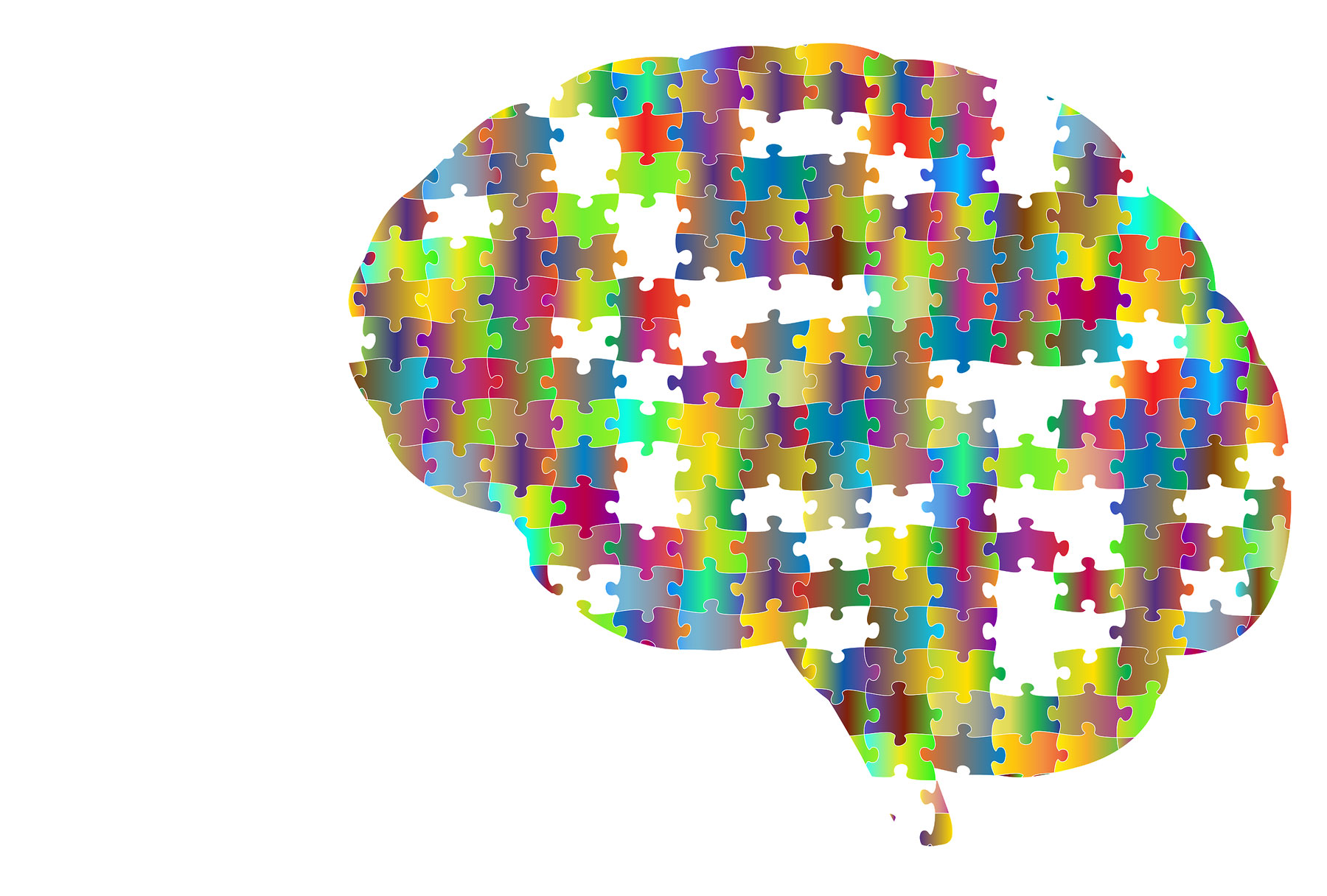Brain and Cognition Research Group
A Psychology research group that explores how brain and cognition underpin our interactions with an increasingly complex, interdependent world.

About us
The Brain and Cognition Research Group comprises researchers within the Psychology Department who use experimental, computational, physiological and neuroscientific methods to investigate complex cognition in contexts including creative thinking, education, eyewitness testimony, deception, mental health and social interaction.
Our goal is to further knowledge with consideration of the brain, mind and cognition, and to apply the novel use of technologies and interdisciplinary research methods to real-world problems.
A common theme of our research is metacognition, including its role in creative thinking and memory. We currently have projects investigating the role of metacognition in autobiographical memory and in deception, both with a view of improving forensic interviewing techniques.
Much of the group’s research also focusses on cognitive processes in clinical psychology, from investigating underlying mechanisms to the treatment of abnormal cognitive phenomena. Current research in this theme includes projects investigating the neural correlates of cognitive biases relating to schizotypy and obsessive-compulsive disorder, and the development of clinical guidelines to treat visual hallucinations.
We enjoy collaborations within and outside the University, both nationally and internationally. We are also committed to open science, and actively engaged in enhancing the reproducibility of psychological science through replication, for example through our involvement in the EEG Many Labs replication project.
Selected ongoing research projects and themes
- Building Creative and Critical Thinking Skills in Higher Education (with the Organisation for Economic Cooperation and Development and the Centre for Real-World Learning) (Paul Sowden)
- The Creativity Collaborative (Paul Sowden)
- Top-down effects in face and body visual processing - a psychophysical approach (Daniel Gill)
- Exploring the use of brain stimulation to correct thought-action fusion (Rhiannon Jones)
- Do the effects of alcohol intoxication compromise face perception? (Sarah Bayless)
- Exploring a metacognitive approach to detecting deception (Gary Lancaster and Rhiannon Jones)
For more information about our members’ research and to see our publications, visit our individual webpages using the links below.
Latest news
Public talk: Facing the differences: individual differences in face identification, by Dr Alex Estudillo, Bournemouth University
Wednesday 24 April 2024, 5-6pm, St Alphege Building room 203, King Alfred Quarter, Sparkford Road, Winchester SO22 4NR
While identifying faces is a common daily task, our ability to do so effectively varies greatly between individuals. These differences are not only important for understanding how we see (visual cognition) but also have significant implications for mental health and situations where recognising others is crucial, like eyewitness identification or passport control. Dr Estudillo will first discuss how much these individual differences vary across different tasks and situations. Then, we'll explore the potential reasons behind these variations, focussing on the different ways our brains process faces. Finally, we look at the possibility of improving face recognition skills through training and brain stimulation.
All welcome, no booking required. For enquiries, contact the organiser.
Work with us
We are always happy to hear from potential research students, collaborators or commercial partners. For more information about our members as well as the facilities we have to offer, see below.
Group members
- Dr Sarah Bayless
- Dr Valerie Bonnardel
- Dr Feni Kontogianni
- Dr Clare Davies
- Dr Andrea Gibbons
- Dr Daniel Gill
- Dr Gary Lancaster
- Fabiana Lombardi (PhD student)
- Clare Martin (PhD student)
- Dr Jordan Randell
- Dr Cassie Richardson
- Dr Liam Satchell
- Professor Paul Sowden
- Dr Joe Stubbersfield
- Dr Adrian Whyte
For more information, contact Dr Rhiannon Jones
